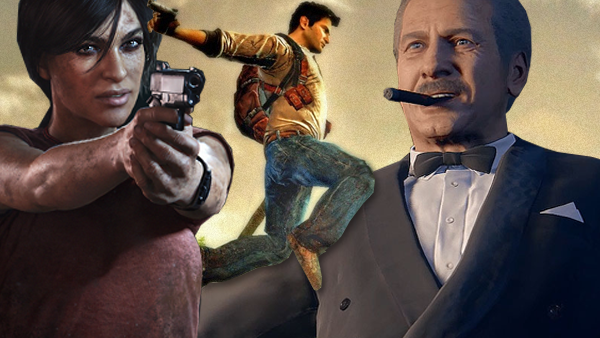7 Legal Decisions That Changed Gaming History
3. The 2016 Voice Actors Strike & Changing The Landscape For Video Game Performers

This was less a filed lawsuit and one that was threatened for almost a year, the 2016 SAG-AFTRA (Screen Actors Guild‐American Federation of Television and Radio Artists) strike shook the industry for 340 days, seeing thousands of voice actors band together to better the working conditions and benefits afforded to their craft.
Their main bone of contention surrounded residual payments, and earning off a given performance for certain periods of time after launch. That, and how many voice actors aren't told the full ramifications of what a given performance entails, meaning they could be asked to perform stuntwork, use slurs or racial language in a script, endure prolonged scenes of shouting or anything in between, even if none of this was outlined beforehand.
The latter is a major problem if your entire line of work is contingent on keeping your vocal chords in tip-top shape, and it was a longtime coming for various industry professionals.
Eventually, in September 2017, SAG-AFTRA and various game company representatives agreed on a new set of terms, granting more transparency to how jobs are posted and agreed upon.
Though the fallout still saw many actors claim there is much to be done when it comes to residual payments, this fundamentally altered the way voice actors and actors in general interface with the industry, and will forevermore.